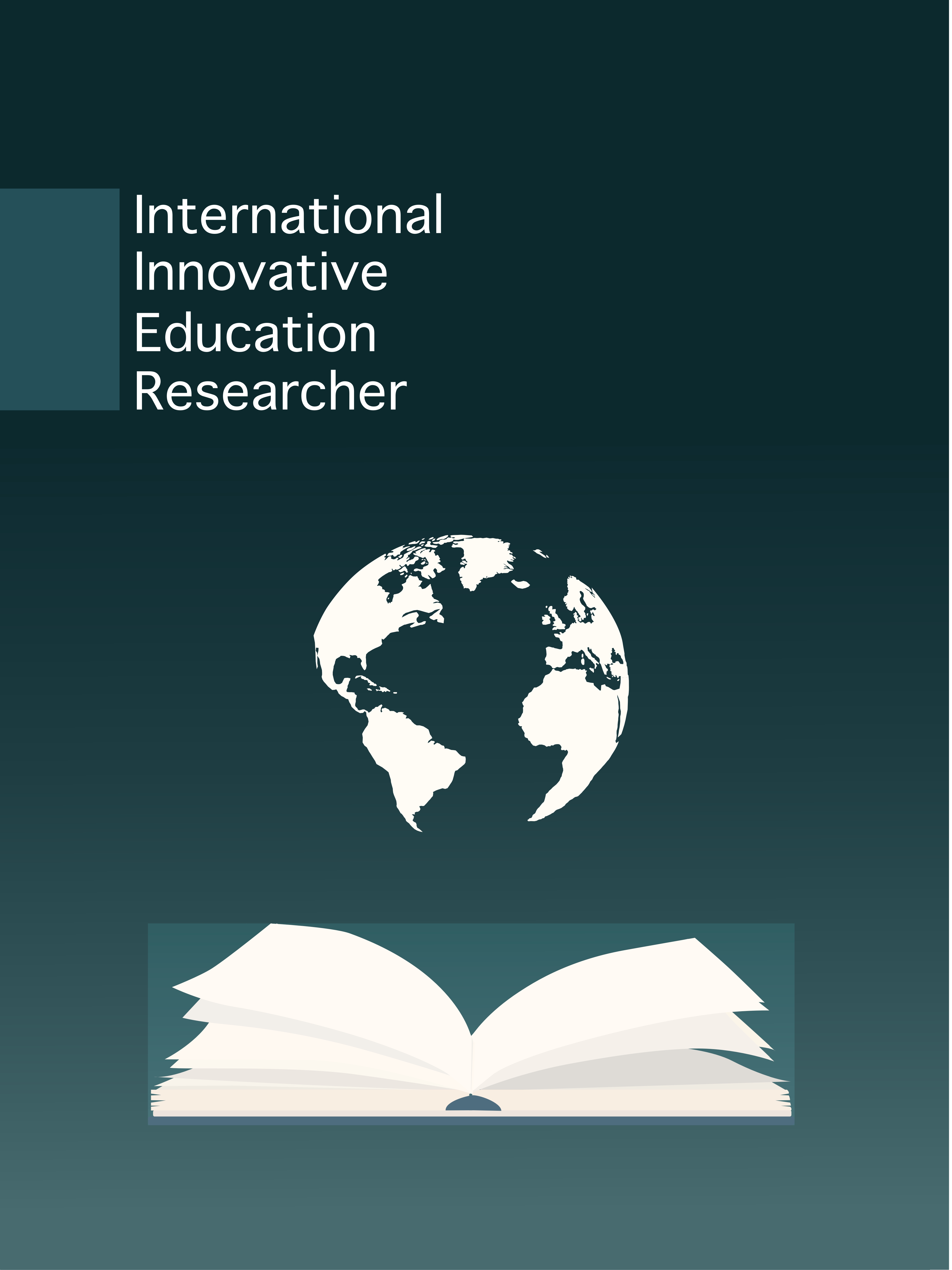SOSYAL BİLGİLER VE STEM: ÖĞRETMEN ADAYLARININ HİZMET EDEREK ÖĞRENME DENEYİMLERİ ÜZERİNDEN BİR DEĞERLENDİRME
Author :
Abstract
Hizmet ederek öğrenme, bir konuya ilişkin öğrenme kazanımlarının topluma hizmet etkinlikleri ile kazanılmasıdır. STEM bilim (science), teknoloji (technology), mühendislik (engineering) ve matematik (math) kavramlarının İngilizce karşılıklarının ilk harflerinden oluşturulmuştur. STEM, gerçek yaşam olaylarını bilim, teknoloji, mühendislik ve matematik disiplinleriyle ilişkilendiren disiplinlerarası bir öğrenme sürecidir. Bu bağlamda araştırmacının görev yaptığı fakülte bünyesinde hizmet ederek öğrenme dersi açıldı. Bu ders kapsamında üç sosyal bilgiler öğretmeni adayı toplum temelli STEM hizmet ederek öğrenme projesi yürüttü. Bu çalışmada, bu projenin öğretmen adaylarına yansımaları ve bu yansımalar üzerinden sosyal bilgiler ile STEM ilişkisi incelendi. Çalışma, bir eylem araştırmasıdır. Katılımcılar ölçüt örnekleme ile seçildi. Veriler görüşme, doküman (öneri formu, plan formu, haftalık rapor ve yansıtıcı günlük) incelemesi ve nicel ölçekler (özyeterlilik, özdeğerlendirme) ile toplandı. Verilerin analizinde tematik analiz kullanıldı. Sonuç olarak; hizmet ederek öğrenme temelli STEM eğitiminin bir takım zorlukları vardı. Ancak bu zorluklar aşıldı. Hizmet ederek öğrenme temelli STEM eğitimi sosyal bilgiler öğretmeni adayları için anlamlıydı. Yani, sosyal bilgiler ile STEM ilişkisinin güçlü olduğu görüldü.
Keywords
Abstract
Service learning is the acquisition of learning outcomes related to a subject through community service activities. STEM is formed from the first letters of the concepts of science, technology, engineering, and math. In its narrowest and most known sense, STEM is an interdisciplinary learning process that relates real-life events with science, technology, engineering, and mathematics disciplines. In this contex, service-learning course was opened within the faculty where the researcher works. Within the scope of this course, three social studies pre-service teachers conducted a community-based STEM service-learning project. In this study, the reflections of this project on pre-service teachers and the relationship between social studies and STEM through these reflections were studied. This study is an action study. Participants were selected by criterion sampling. Data were collected through interview, document (suggestion form, plan form, weekly report, and reflective diary) review, and quantitative scales (self-efficacy, self-evaluation). Thematic analysis was used in the analysis of the data. As a result, service learning-based STEM education has had a number of challenges. However, these difficulties have been overcome. Service-learning-based STEM education was meaningful for social studies pre-service teachers. In other words, it was observed that the relationship between social studies and STEM was strong.





